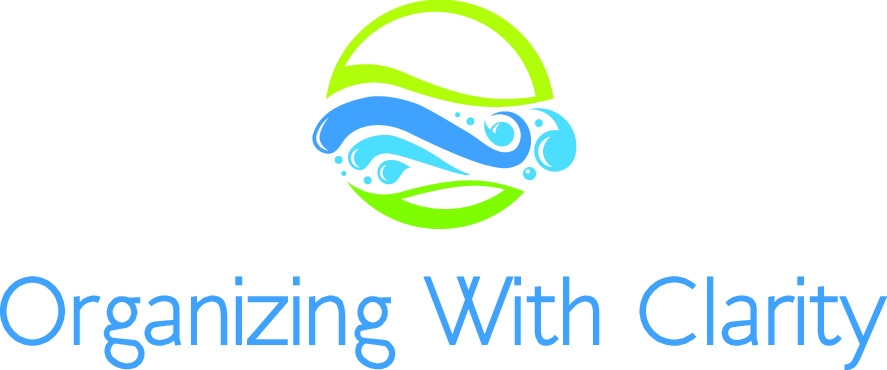In my work as an organizer, I encounter different personalities, perspectives, and lifestyles. My most recent experience with an 84-year-old client really challenged my theory that anyone can be shown the benefits of decluttering.
My client had moved from a home to an assisted living apartment. After the move, she still had boxes and containers leaving little room to move about her apartment. Being surrounded by all this stuff was causing her much anxiety and depression. She reached out and asked for help and I was hired to help her finish unpacking, declutter, and organize her one-bedroom apartment.
When we first met, I immediately saw the issue. Too much stuff and not enough storage. The second hurdle we needed to overcome was her resistance to donating items. This resistance stemmed from her generational beliefs about money. She was born in 1938 and her generation known as the Silent Generation (those born between 1928-1945) lived through WWII and the Great Depression. These experiences greatly influenced how she handled money matters. This generation would rather repair an item than buy a new one. This was evident when asking if she would rather keep, toss or donate any item whether non-working, duplicate, or not used and her answer 80% of the time, would either be, “I want to keep it since I will need that someday”, or “I can fix that.” When suggesting that she donate some of the excess food or clothes (some with tags still on them), her reply was, “Do you know how expensive everything is now?”
Overcoming the belief that there will be scarcity again, is a real challenge when helping a client declutter. No matter how persuasive I tried to be about donating items to those that needed them the most, she did not budge. Finally, I thought, what if I re-phrase my question? I then asked her if she personally knew someone who could benefit from receiving the items she no longer needed. This seemed to spark an interest in her and soon, she found herself, saying, “I will ask my neighbor if she wants this, or maybe I can ask my friend if she is interested in this item.”
My client, could not see the benefit of donating as a general concept when I was the one dropping off the items. She didn’t have a personal connection to the cause or to any specific individual receiving them. We all have causes that are dear to our hearts. If we think about all the organizations that need clothing, food, supplies, housewares, books, pet supplies, or furniture, we can find that incentive by connecting to that cause. Our hearts open wide when we realize we can make a difference in someone’s quality of life. Find a local charity that you believe in, and you will feel the pleasure of giving once again. There is no better feeling that knowing that you are truly making a difference in your community.




Recent Comments